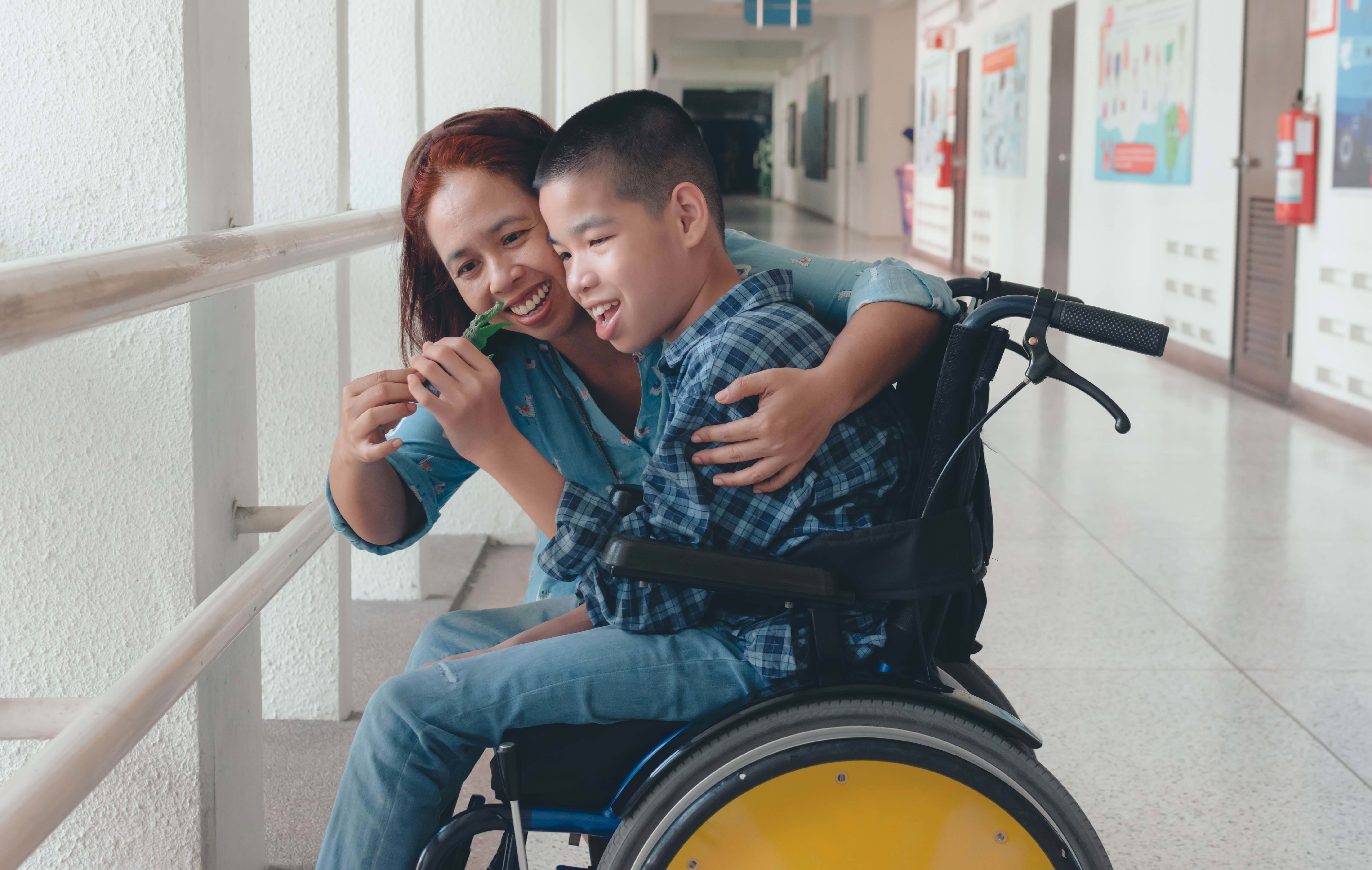
World Cerebral Palsy Day
World Cerebral Palsy Day falls on the 6th of October and is a valuable opportunity to raise awareness of this condition across the globe.


Solicitor, Medical Negligence
You may be entitled to compensation if your child has sustained a Cerebral Palsy injury at birth. Compensation can assist to get the help, care and support that your child may need throughout their life.
Cerebral Palsy is a lifelong neurological condition that affects a child’s movement and coordination. It is caused by damage to the brain during the delivery of the baby or shortly after birth.
Injury to the brain may occur due to a range of different reasons including:
Unfortunately in some cases it is not always clear what the exact causes of Cerebral Palsy are.
It is estimated that 1 in 400 babies born in the UK have a type of cerebral palsy with the Office for National Statistics indicating that with a birth rate in England and Wales of around 700,000 per year, there may be as many as 1,700 new cases of cerebral palsy in babies and children each year.
The symptoms of Cerebral Palsy are not usually obvious just after a baby is born but they do normally become noticeable from an early age. Symptoms which indicate that your child may have Cerebral Palsy include:
There are different levels of severity which means the symptoms of Cerebral Palsy can vary significantly from child to child. In some cases, a child may display fairly minor symptoms, have problems walking or have impaired motor skills but in other cases, a child may be profoundly disabled and require lifelong care.



NHS. (2023). "Cerebral Palsy." [Online] Available at: https://www.nhs.uk/conditions/cerebral-palsy/ (Accessed: 01/12/2023)
Cerebral Palsy UK. (n.d.). "Cerebral Palsy." [Online] Available at: http://www.cerebralpalsy.org.uk/cerebral-palsy.html (Accessed: 01/12/2023)
Centers for Disease Control and Prevention. (2023). "Cerebral Palsy: Facts." [Online] Available at: https://www.cdc.gov/ncbddd/cp/facts.html (Accessed: 01/12/2023).
The Pace Centre. (n.d.). "What is Cerebral Palsy?" [Online] Available at: https://thepacecentre.org/advice-items/what-is-cerebral-palsy/ (Accessed: 01/12/2023).
The Pace Centre. (n.d.). "Home." [Online] Available at: https://thepacecentre.org/ (Accessed: 01/12/2023).
Scope. (2023). "Introduction to Cerebral Palsy." [Online] Available at: https://www.scope.org.uk/advice-and-support/cerebral-palsy-introduction (01/12/2023)
Cerebral Palsy UK. (n.d.). "Spastic Cerebral Palsy." [Online] Available at: http://www.cerebralpalsy.org.uk/spastic-cerebral-palsy.html (Accessed: 01/12/2023)
Cerebral Palsy UK. (n.d.). "Ataxic Cerebral Palsy." [Online] Available at: http://www.cerebralpalsy.org.uk/ataxic-cerebral-palsy.html (Accessed: 01/12/2023).
Fill in the form below to get in touch with one of our dedicated team members, or call our team today on: 0800 260 5010